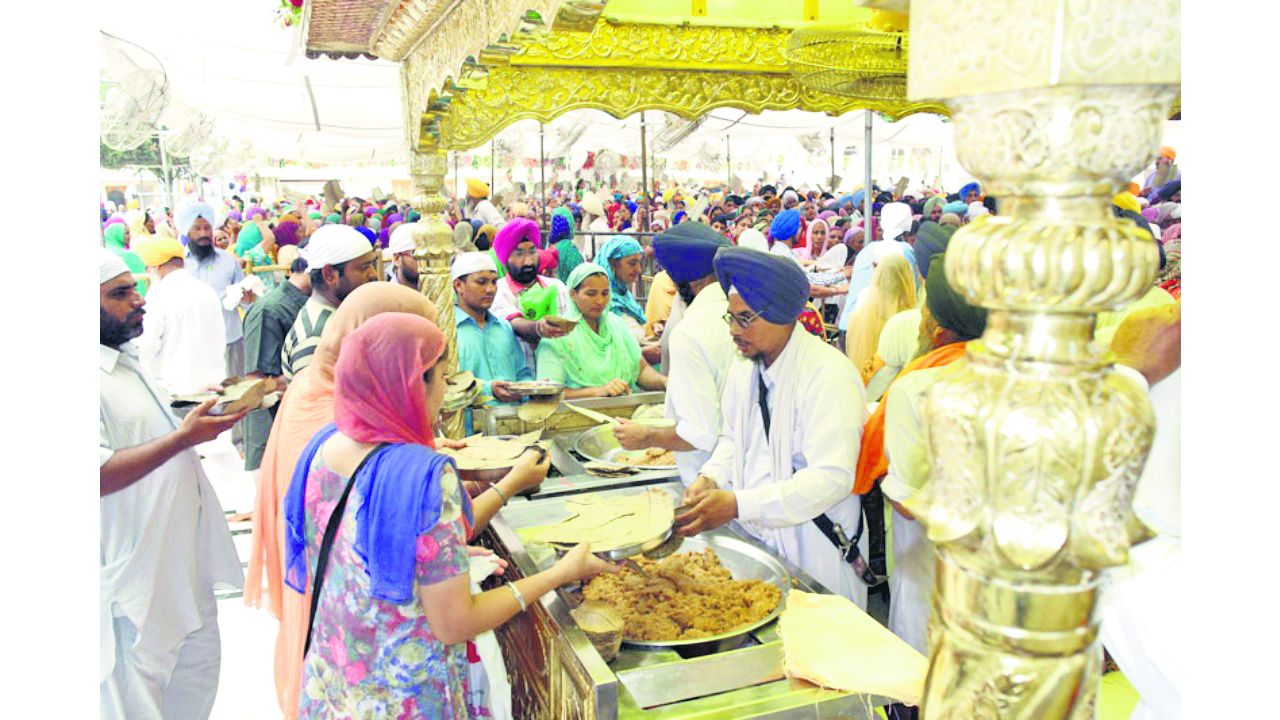
Gurupurab, also known as Guru Nanak Jayanti is a joyous and auspicious occasion celebrated by the Sikh community all over the world to honour the birth anniversary of their Guru- “Guru Nanak Devji” the founder of Sikhism. It is a timeless reflection on the teachings of compassion, equality and spiritual enlightenment.
Guru Nanak always preached that there is only “One God” who dwells in each one of his creations and that all human beings have direct access to God without needing rituals or priests or idols. Guru Nanak Dev Ji always emphasized on inner spiritual awakening. According to him, humans must conduct themselves through life with love, compassion and justice.
One of the most cherished traditions during Gurupurab is the preparation and distribution of “Kada Prasad”, a sacred sweet offering that holds deep spiritual significance. It is more than a culinary delicacy. It symbolizes devotion, humility and spirit of community.
Kada Prasad is made from equal parts of whole wheat flour, sugar, ghee. The ingredients are mixed together signifying equality and unity. It is a slow process of cooking until it reaches a halwa like consistency symbolizing sweetness of devotion and humility.
Kada Prasad is a special type of sweet that is prepared and distributed in gurudwaras across the world and households during Gurupurab. The term “prasad” signifies an offering made to the deity as a token of gratitude and devotion. It is seen as a blessed and consecrated offering to commemorate the teachings of Guru Nanak Dev Ji.
The Act of making Kada Prasad is a community effort with volunteers coming together to prepare large quantities to share with the sangat ( congregation) thereby fostering a sense of unity and togetherness.
The Kada Prasad is then distributed freely to all regardless of their faith, caste and religion. This act of sharing symbolizes the Sikh principle of selfless service and the importance of generosity.
The recipe was given by Guru Gobind Singh and the receiving of the guru’s prasad is a reminder that all blessings come to us by Guru’s kripa and that everything we receive in life is sweet because it comes from the Guru.
Gurudwara translates to “the door to the guru”, and it is believed that a guru never sends back a devotee empty-handed or hungry.8
Receiving the Kada Prasad is seen as a blessing and consuming it is believed to bring spiritual benefits. Devotees partake this prasad with a sense of reverence and gratitude recognizing it as a token of the Guru’s blessing















